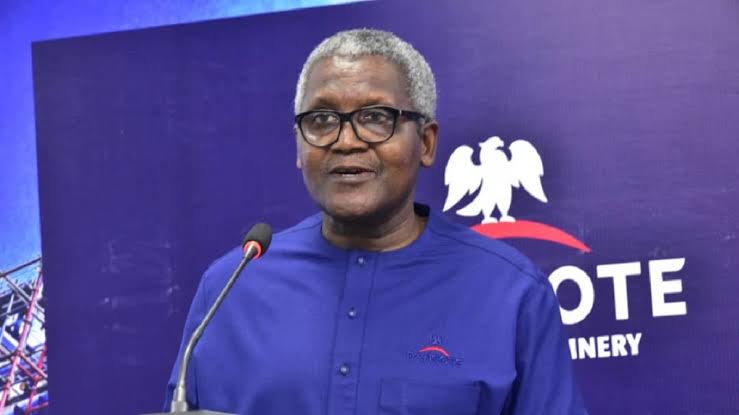The ActionAid Nigeria (AAN) has expressed concern over the ongoing crisis in the petroleum sector, particularly the suspension of the sale of petroleum products in naira by the Dangote Petroleum Refinery.
Mr Andrew Mamedu, Country Director, AAN made the concern on Wednesday in Abuja in a statement.
He noted that this decision has triggered panic buying, hoarding, and speculative price hikes, worsening the economic hardship faced by Nigerians.
“The federal government’s failure to provide clear information on the status of local refining and crude supply raises serious concerns about transparency, accountability, and governance in the petroleum industry.
“The federal government must immediately explain why the naira-for-crude arrangement has been abandoned despite its initial promise to stabilise fuel prices and increase local refining capacity. It is unacceptable for citizens to suffer the consequences of policy inconsistencies while a select few benefit from opaque crude oil transactions.
“The preference of the Nigerian National Petroleum Company Limited (NNPCL) for importing Premium Motor Spirit (PMS) instead of prioritising local refining raises further concerns. Locally refined fuel, particularly from the Dangote Refinery, has been argued to be cleaner and more durable.
“Yet, there is no clear justification for why locally refined fuel is not being prioritised in national fuel distribution. If NNPCL can seamlessly conduct international transactions, why can’t local refineries access crude in naira under fair terms? If unchecked, the suspension of the naira-for-crude agreement will push more Nigerians into multidimensional poverty, worsen social inequalities, and lead to further economic instability,” Mamedu said.
He stated that the rising fuel prices will drive up transportation costs, making it even more difficult for low-income earners to afford daily commutes, access essential services, or sustain small businesses. He also said that key sectors such as agriculture, healthcare, and education – all of which directly or indirectly depend on petrol or diesel, will also be severely impacted.
Mamedu also noted that the opacity surrounding NNPCL’s crude oil transactions raises concern about who truly benefits from these deals.
He said, “If local refineries are struggling to access crude in naira while international transactions continue seamlessly, then fundamental questions must be asked: Is the government prioritising foreign interests over national economic stability? Who benefits from the refusal to supply local refineries with crude in naira, and at what cost to Nigerian consumers?
‘‘ActionAid Nigeria strongly calls for independent third-party monitoring of crude oil transactions, fuel pricing, and distribution to ensure transparency and accountability.”











